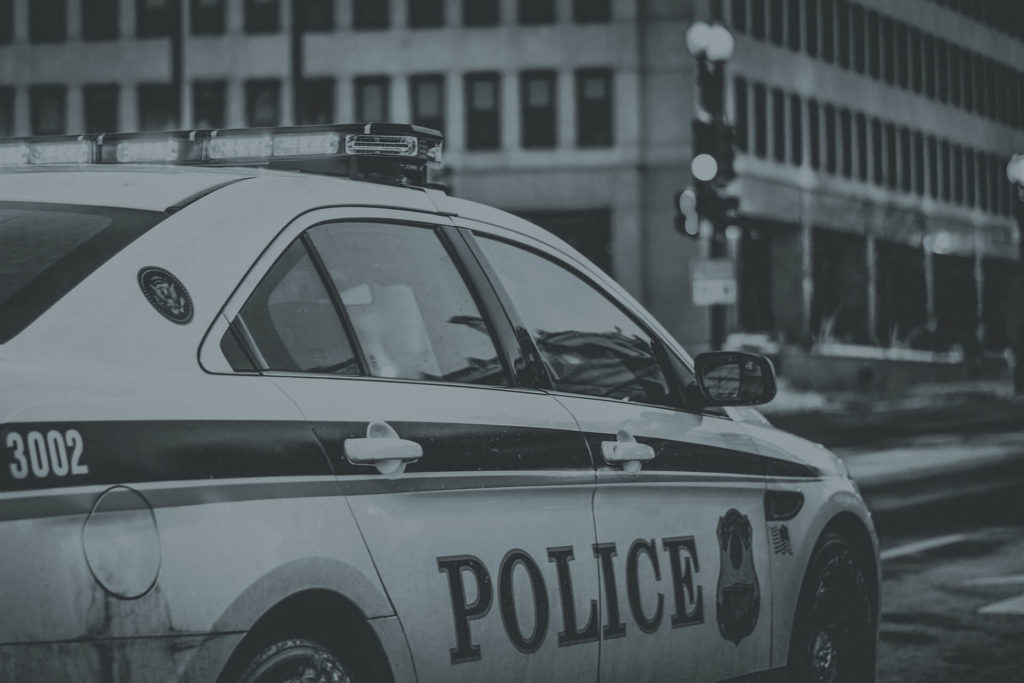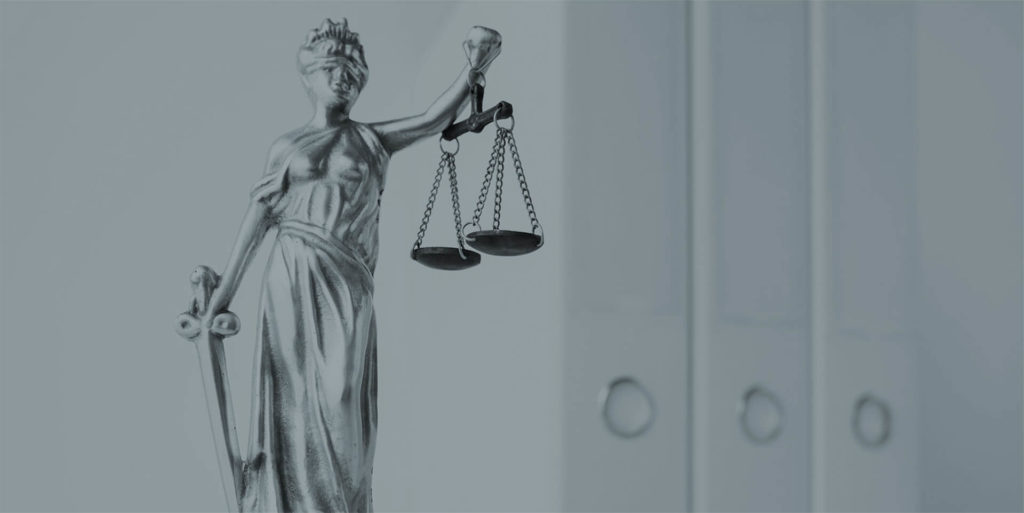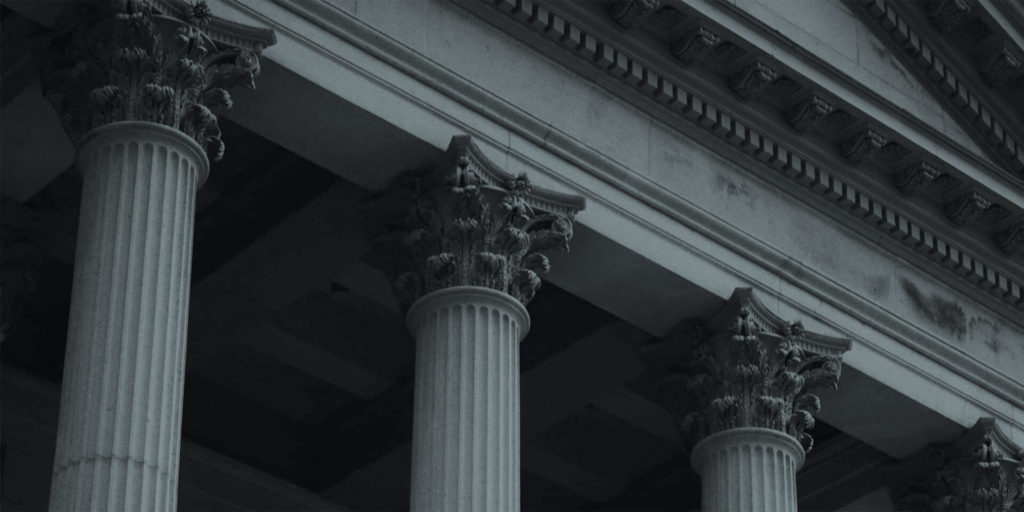Send your enquiry.
Contact us for a free, initial no obligation consultation.
"*" indicates required fields
Your information is safe and treated in accordance with our Privacy Policy
If you are caught with drug possession, you should hand the substance over to police. If you are taken to the police station, you should ask to speak to a solicitor as soon as possible. Do not answer any police questions or agree to a warning or caution until you have received legal advice. Everyone is entitled to free police station representation, so you do not need to worry about the cost.
Criminal defence solicitors – England and Wales
If you have been caught in control of illegal drugs, contact us now at Ashmans Solicitors. We offer free police station representation. We have offices in London, Leeds, Sheffield, Huddersfield and Dewsbury. We are available to take your call 24 hours a day, 7 days a week.
What is a controlled substance in the UK?
A controlled substance is any substance that is controlled by the government. It includes illegal drugs, such as cannabis, cocaine and heroin. It also includes legal drugs that could result in a dependency, such as morphine, alcohol and tobacco.
The rest of this article will focus on what will happen if you are caught in possession of an illegal controlled substance.
What does it mean to be in possession of a controlled substance?
If you are caught in control of illegal drugs, it means the drugs are under your control. This can incorporate a wide variety of scenarios. Perhaps the most obvious is where the drugs are found on you, such as in your pocket, in your handbag or about your person. It can also include less obvious situations. For example, if illegal drugs are found in your home, in your car or at your workplace, then you may be accused of being in possession of a controlled substance.
What does possession with intent to supply mean?
There are two different drug related offences:
- Possession of a controlled substance
- Possession of a controlled substance with intent to supply
The first offence – possession of a controlled substance – is the more minor offence. It means that you are found in control of illegal drugs, but the police think the drugs were for your own recreational use.
The second offence – possession of a controlled substance with intent to supply – is much more serious. It means that you were caught in possession of a controlled substance, but the police think you were going to supply these drugs to other people. ‘Supply’ does not necessarily have to involve the exchange of money. Even if you were going to give the drugs to your friends for free, you could be accused of having the intent to supply.
The police are likely to suspect you of the intent to supply if you are caught in possession of a large quantity of drugs. Suspicions will also be raised if the drugs have been weighed and divided into portions.
What happens if you are caught in control of illegal drugs?
You are caught in possession of illegal drugs by the police: what happens next? The answer very much depends on what drug you are caught with, and the quantities involved.
Illegal drugs fall into one of three categories:
- Class A drugs – are considered the most dangerous drugs. Class A drugs include heroin, cocaine, crack cocaine, ecstasy, crystal meth, magic mushrooms and methadone.
- Class B drugs – are considered slightly less dangerous than class A drugs. Class B drugs include cannabis, speed, codeine, ketamine and amphetamines.
- Class C drugs – are considered the least dangerous. Class C drugs include khat, anabolic steroids and diazepam
If you are caught in possession of class A drugs
If you are caught in possession of class A drugs, you will likely be arrested and taken to the police station. You will be interviewed. You are allowed to have a solicitor present for this interview. This is free to everyone under the Legal Aid scheme. We strongly recommend that you exercise this right.
We say that you will ‘likely’ be arrested because, in actual fact, the police have discretionary powers. This means the police can decide when to enforce the law. There are occasions when people are found with class A drugs and they are not arrested. Alternatively, the police may choose to issue a warning or a caution instead. This might happen if you are:
- Caught in possession of a very small amount of drugs (Class A); and
- It was for your own recreational use; and
- It is your first offence
However, this is at the discretion of the police. It is possible that you will be formally charged and released on bail. A date will then be set for a court hearing.
If you are caught in possession of class B and class C drugs
Class B and class C drugs are not treated as harshly as class A drugs. Even so, you may still be arrested and taken to the police station. Or, the police may exercise their discretion and let you go. Even so, the substance will be confiscated and sent for testing. If it is found to be a controlled substance, it will be destroyed.
If you are caught in possession of cannabis or khat
The rules are slightly different if you are caught in possession of cannabis or khat. This is because cannabis and khat fall under the discretionary warning scheme.
So, if you are caught with a small amount of cannabis and it is your first offence, you should be given a warning. If you are caught with a small amount of cannabis and it is your second offence, you should be issued a fine. This used to be £80 but has been raised to £90. So long as this is paid within 21 days, you will not get a criminal record. If you are caught a third time, then you will be arrested and taken to the police station.
With khat, the police can issue an on-the-spot fine of £60 or a warning for the first two-possession offences. The third offence could result in an arrest.
However, the police do sometimes make an arrest, even for a first cannabis possession offence. That is where a solicitor can help you. A solicitor can highlight that it is your first offence and negotiate a warning. Related Content, What happens if your caught driving on cannabis?
If you are caught in possession of ‘legal highs’
‘Legal highs’ are not actually legal. They are governed by the Psychoactive Substances Act 2016. This makes it an offence to possess so-called ‘legal highs’ with the intent to supply. Therefore, possession can still land you in trouble with the law.
Caught in possession of drugs – what happens at the police station?
If you are taken to the police station, then you will be asked to confirm your name, date of birth and address. The custody sergeant will then take your personal possessions off you for safe keeping. You may also have your photographs and fingerprints taken, although if you are under the age of 18, the police must wait for an appropriate adult to be present. This could be a parent, guardian or social worker.
If you are under the age of 18, then the police will call your parents or legal guardian.
You will be held in a cell until the police want to question you. At this point, you should request to speak to a solicitor. You should say that you do not want to answer any questions until your solicitor has arrived. This is perfectly acceptable and the police must accept your request. Everyone has the right to free legal representation at the police station. It does not make you look guilty or contradict your innocence.
After the police interview, you will return to the cell and the police will decide what to do with you. You may be given a warning, which means you are free to go and do not have a criminal record. Or, you may be given a caution. Again, this means that you are free to leave, although a caution does stay on your record. So, you should talk to your solicitor about whether it is a good idea to accept a caution. Or, the police may decide to lay charges. If so, you will probably be released on bail, although in serious cases you may be remanded in custody. In other words, you will be kept in a cell until your court hearing. If you are released on bail, you will receive a letter telling you where and when to attend court.
What are your rights at the police station?
You have various legal rights when you are arrested and taken to a police station. For example, you have the right to:
- Free legal advice
- Tell someone where you are
- Get medical help if you feel unwell
- See the police Code of Practice
In certain situations, the police may withhold your right to tell someone where you are, if they feel it would interfere with their investigation. For instance, if they are concerned you might tip someone off.
Perhaps the most important right is the right to free legal advice. You can either ask the duty solicitor to represent you, or you can contact a criminal defence solicitor of your choosing. The police cannot question you until your solicitor has arrived, or has given you advice over the phone.
If you need a solicitor to represent you at a police station, call us on 0333 009 6275. We are available 24 hours a day, 7 days a week.
Related: What Are My Rights if Arrested?
What offence will I be charged with?
If you are found in control of illegal drugs, one of the drug offences they can charge you with is possession of a controlled substance, or possession with intent to supply. As mentioned above, if the police suspect that you intended to give the drugs to other people, then you will be charged with possession with the intent to supply. This applies, even if you were going to give the drugs to a friend.
The penalties for possession with intent to supply are much more severe than a straightforward possession offence. Your solicitor may try to negotiate a lesser charge in order to secure a reduced penalty.
What should I do if I’m caught with illegal drugs?
If you are caught with illegal drugs, you should remain calm. Do not threaten or abuse the police in any way. You should give the drug up for confiscation. When asked by the police, you should also provide your correct name, date of birth and address. However, do not answer any other police questions until you have spoken to a solicitor.
You have probably heard the police caution which goes: ‘anything you do say may be given in evidence’. Sometimes, trying to explain your way out of a situation can actually lead to greater problems. For example, you might say that although you have 10 ecstasy pills, five of them are actually for a friend. You might think this will improve your cause, lessening the blame. But in actual fact, you have just admitted to have a control of a class A drug with the intent to supply – a much more serious offence. It does not matter whether money was going to exchange hands: it still amounts to intent to supply.
If you are arrested, then you should go with the police and allow yourself to be booked in at the police station. However, you must then say that you want to talk to a solicitor. Do not answer any police questions until a defence solicitor is present or you have spoken to a solicitor on the phone.
To recap, this is what you should do if you are caught with illegal drugs:
- Hand the drugs over to the police
- Give your name, date of birth and address, if asked
- Do not threaten or abuse the police, or give them any other reason to arrest you
- Do not say that you are giving the drugs to other people, as this could be construed as intent to supply
- Allow yourself to be taken to the police station, if you are arrested
- Say that you want to speak to a solicitor if you are arrested. Do not answer any police questions until a legal representative is with you
- Ask a solicitor for advice about whether or not you should accept a caution
- Instruct a defence solicitor to represent you, if formal charges are laid and your case goes to court
What if I didn’t know I was in possession of illegal drugs?
It could be that you did not know you have a controlled substance. Perhaps you put someone else’s coat on, or were asked to keep a package that you did not know contained drugs. This could be a valid defence, although as always, it is a matter of persuading the police (and the court) that your version of events is true. Again, that is where a solicitor can help you. A solicitor can discuss the best line of defence with you, arguing your case at the police station and in court, if needed.
Charged With A Controlled Substance
If you are charged with a controlled substance, please contact us at Ashmans Solicitors. We are specialist criminal defence solicitors and deal with a significant number of drug offences. Thanks to our experience, we know how best to handle the situation. We will apply our expertise to secure the best possible outcome on your behalf.
Call us on 0333 009 6275. We are available 24 hours a day, 7 days a week.
You can also email us at enquiries@ashmanssolicitors.com or complete our Free Online Enquiry Form and we will contact you.




